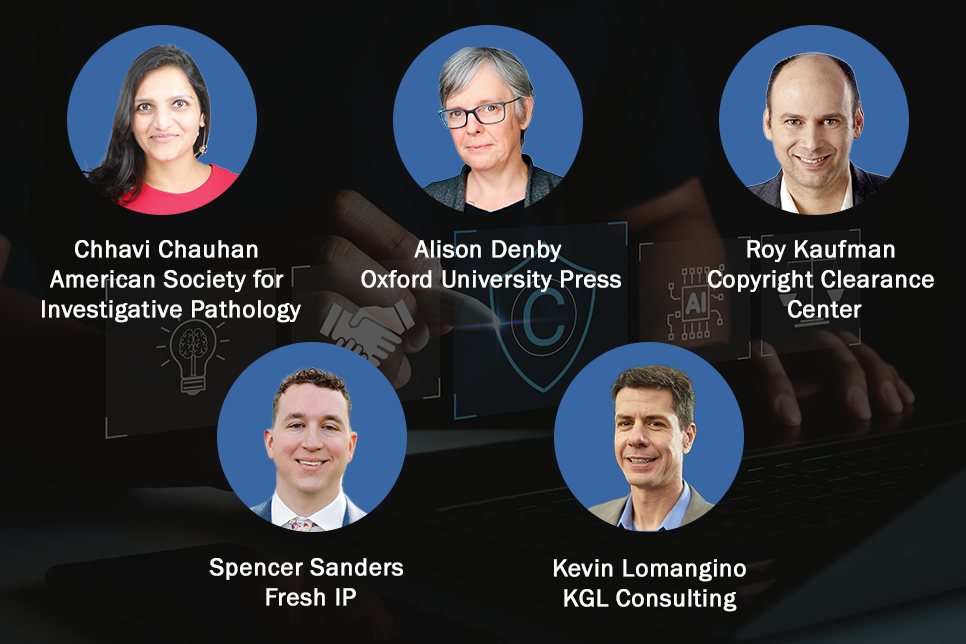Open Access as we think of it started a little over 30 years ago, as the internet was gaining in popularity and the ability to access information was becoming easier. The goal of Open Access was initially very simple—making scholarship easily accessible; free or affordable to students, teachers, researchers, and, perhaps, the general public; sharing information with all. It was in the execution where there have been some challenges. And, decades later, there are some who believe that the goals of Open Access may never be achieved.
In December 2023, Scholarly Kitchen published an interview with journalist Richard Poynder who has spent the last 15 years covering Open Access, where he states the reasons for why he “decided the OA movement has failed.” Poynder’s reasons, as stated in the interview, consist of the movement’s inability to achieve its three main goals—accessibility, affordability, and equity—after decades of working on them and why he thinks that the movement will never meet them.
But, even though Poynder’s examples and position are fair, is he right in concluding the OA movement hasn’t achieved any of the goals it set out to achieve? Or has there been movement toward those goals, though perhaps more slowly or in a different way than the industry might have anticipated? Though the idea was simple, there are significant challenges in changing the structure of an entire industry, particularly one as far-reaching as scholarly publishing.
Accessibility to content
One of the leading aspects of the OA movement is to make research accessible and, in that area, the movement has been mostly successful. In a 2019 post by two international students on Syracuse University’s blog, they write about the benefits of being able to access research they previously didn’t have in their home countries, while also highlighting that some platforms don’t yet have translation or accessibility for those with disabilities—which has been improved with the passing of the European Accessibility Act.
The type of work being offered via OA has also been expanding – from journal articles to books. The American Council of Learned Societies announced the winners of the 2024 ACLS Open Access Book Prizes and Arcadia Open Access Publishing Awards in January. In the press release about the awards, ACLS President Joy Connolly said, “ACLS applauds the authors and publishers of these exceptional books. They’ve shown a commitment to making their scholarship available freely to the world, moving away from ‘cloister’d virtue,’ sharing their insights into the human experience with fellow scholars and communities worldwide.”
How to Fund Open Access
While the idea of having all research freely available to the public is an important and noble one, there are still costs to doing the research, editing and producing the work, and distributing it. Authors who were doing the research were potentially being funded by institutions, organizations, or governments, so earning money from the publication of their work may not be as important. But, for the publishers who edited, printed/produced, and distributed the research, income was essential in order to employ those who do the work, support the infrastructure, and continue to publish at the same high level. That problem has not been as easy to overcome and has led to a variety of ways to fund Open Access over the years—including researchers paying to have their work published, creating a mix of free and subscription material in OA platforms—none of which has satisfied all parties.
Affordability and accessibility to research in other parts of the world
In the Global South, the high cost for researchers to publish their work in journals has been a difficult obstacle to overcome. Four authors who were part of the pilot program for Bloomsbury Open Collections OA books write about the great benefits of being able to share their work widely and engage with the research of others from around the world. But, they also discuss some of the challenges of Open Access, particularly for those in the Global South, where they may struggle with access to the content due to the high cost of the internet and the high cost of submitting their work.
How to take Open Access to the next phase
We are seeing the benefits of Open Access as research is shared and problems are solved quickly (as we did with finding the vaccine for COVID-19), but there are still some challenges that need to be solved. One of the suggestions (or criticisms) Poynder had in his interview was that OA advocates did not form a central organization to manage the movement, leaving the individual parties—publishers, libraries, authors—to fight for their own interests.
Perhaps the way to build on the great work the Open Access movement has already made in showing what making research free and accessible can do to further scholarship, is to start there and work on a solution together.
KnowledgeWorks Global Ltd. (KGL) is the industry leader in editorial, production, online hosting, and transformative services for every stage of the content lifecycle. We are your source for peer review services, market analysis, intelligent automation, digital delivery, and more. Email us at info@kwglobal.com.





